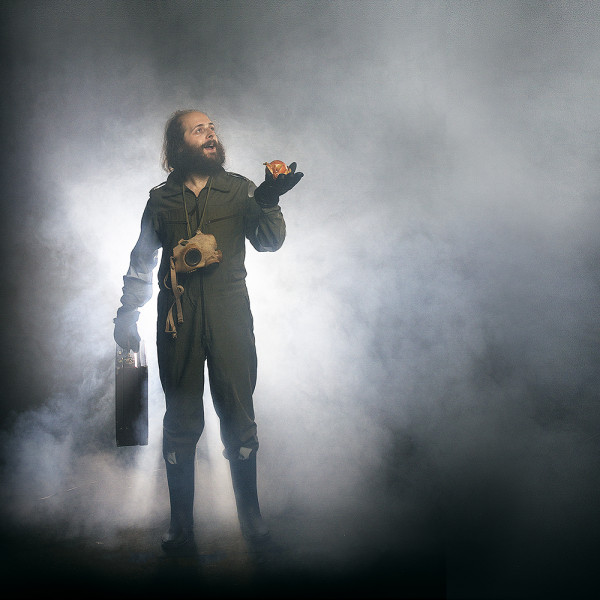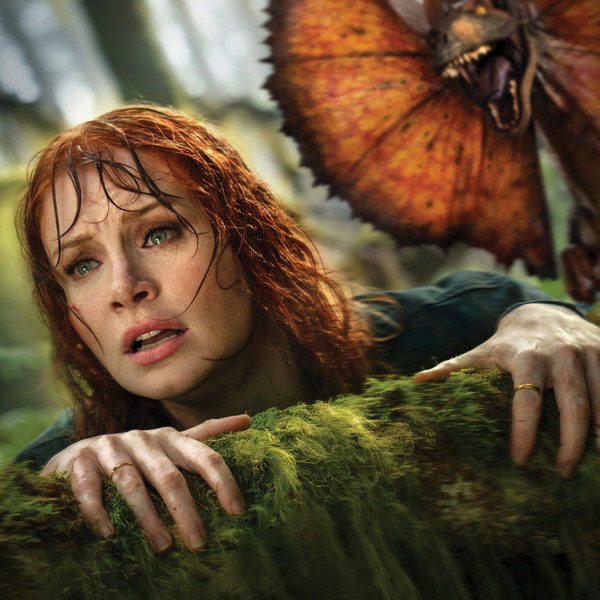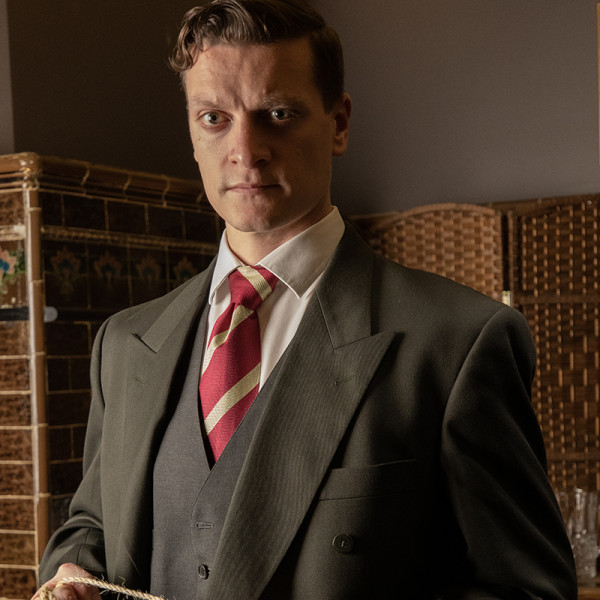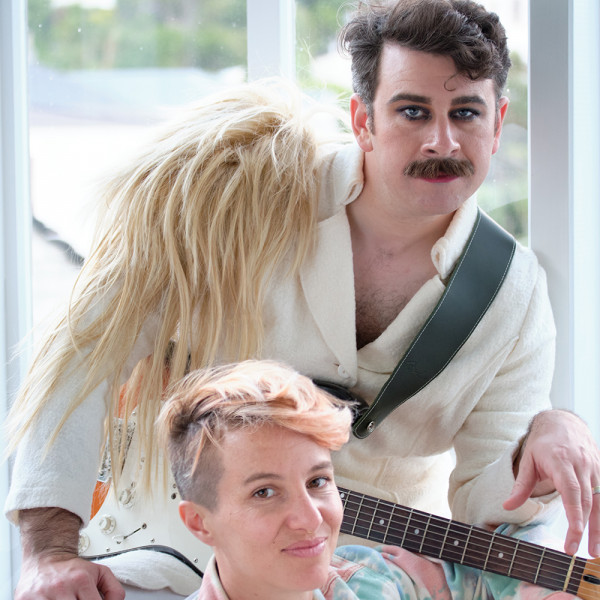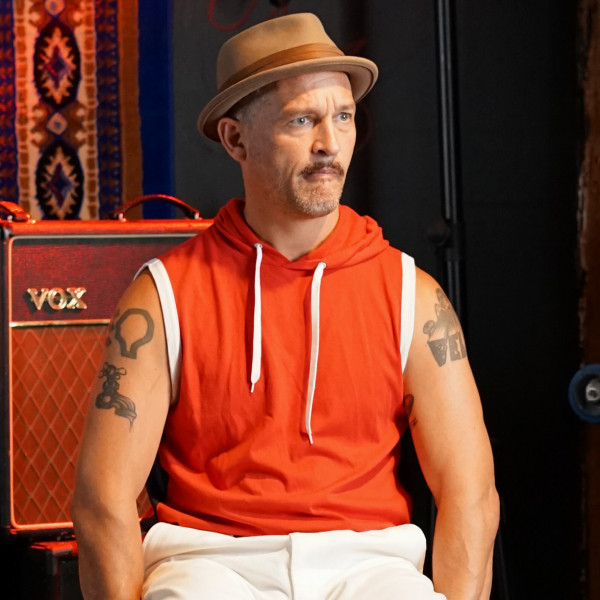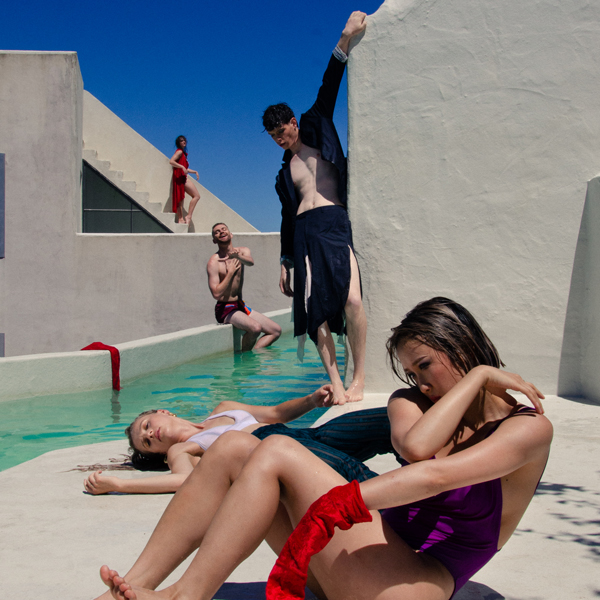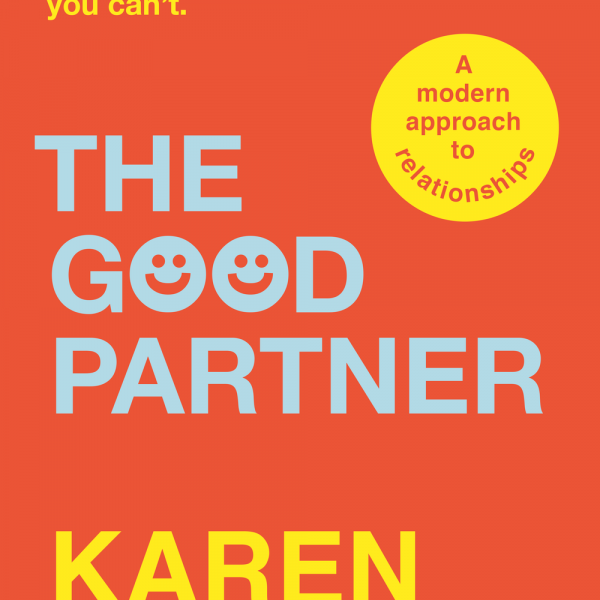
Most of us bumble into relationships, without a manual, as the author states early on in this book, and then wonder why we have challenges. For example, the last time I read a relationship book it was Men Are from Mars, Women Are from Venus by John Gray several decades ago while I was single. Now I’m married and far from the perfect partner, as very few of us are, and that’s the point of this book.
Karen Nimmo is a Wellington-based registered clinical psychologist so, unlike many self-help books, this one is based on New Zealand culture and lived experiences and importantly has some efficacy behind it.
Best of all, it’s chock-full of practical, no-nonsense advice and strategies delivered in plain English.
This isn’t a book you work on with your partner, nor is it about changing your partner. It’s about becoming at ease with yourself and ultimately at ease in your relationship. The author does this by getting the reader to take a look at their ‘love bucket’ of all the things they bring to a relationship, which she then themes up into the seven pillars of relationships. I’ve read reviews that described this as a transformational book, which sounds a bit dramatic. In contrast I found it supported very gentle shifts that felt more realistic and sustainable to me.
In terms of structure and readability, The Good Partner is full of clear sub-headings so you can dip in and out of it. It also has well signposted chapters so you can flick straight to the topics you want to explore further, like conflict resolution.
I found it invaluable in supporting me and my attitude during a period of self-isolation when otherwise tempers might have frayed. Instead, I came out thanking my partner for the time we’d had together, and I meant it.
I was so impressed I signed up to the author’s regular emails and continue to learn and upskill myself on this important topic.




